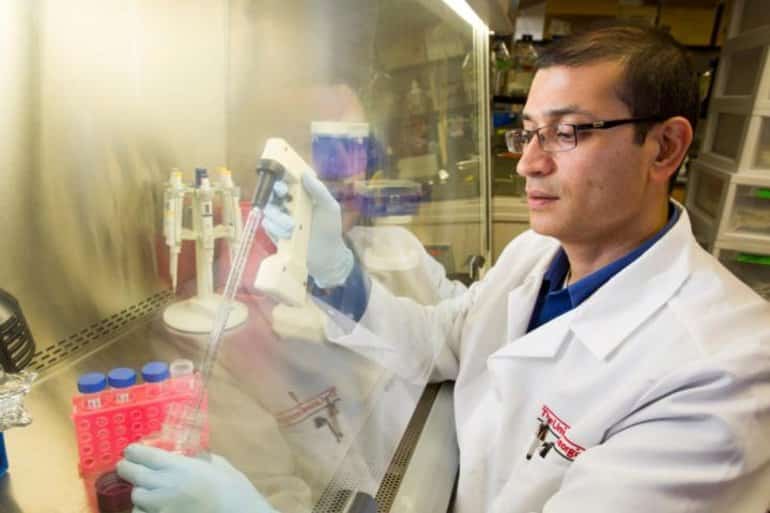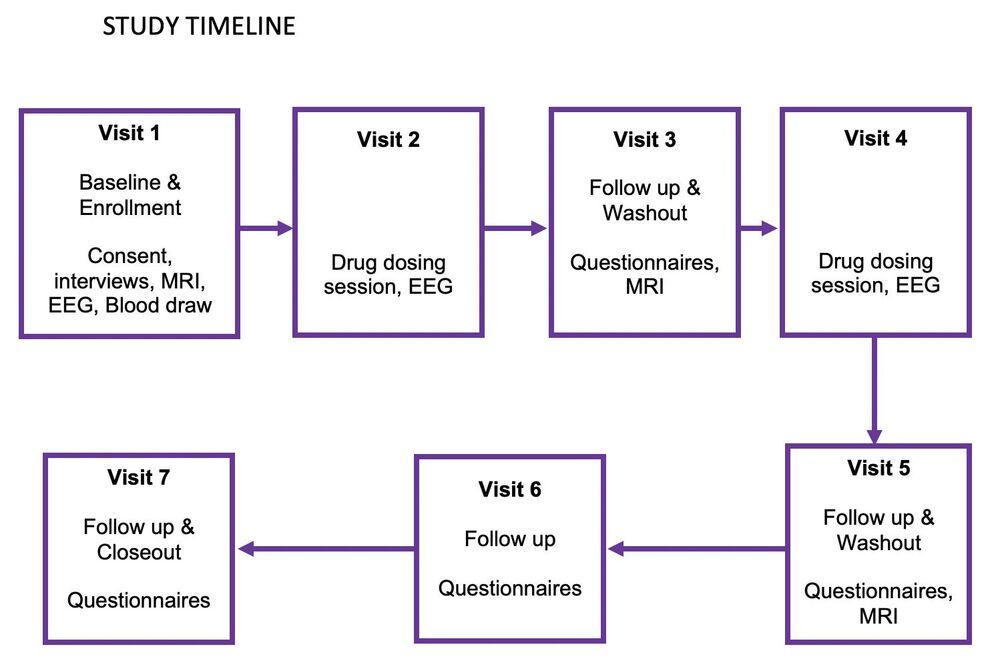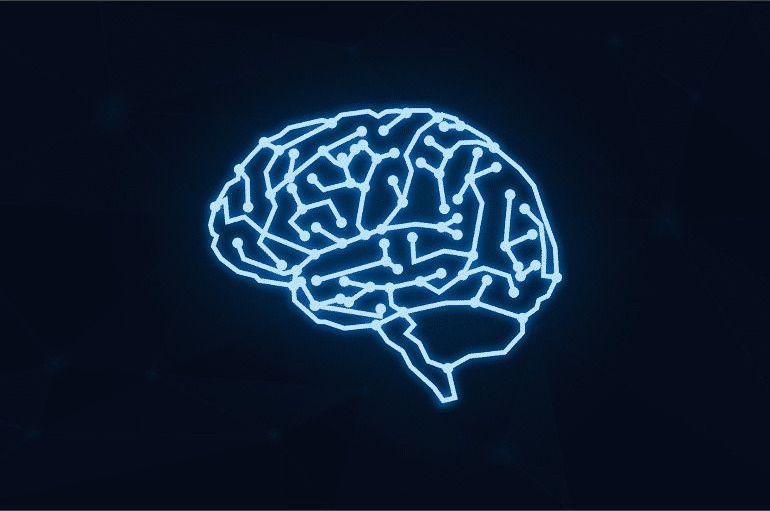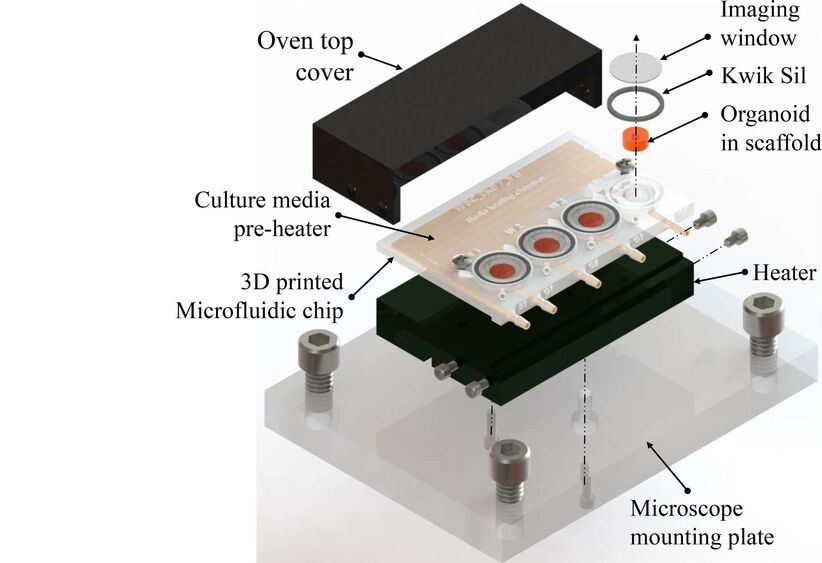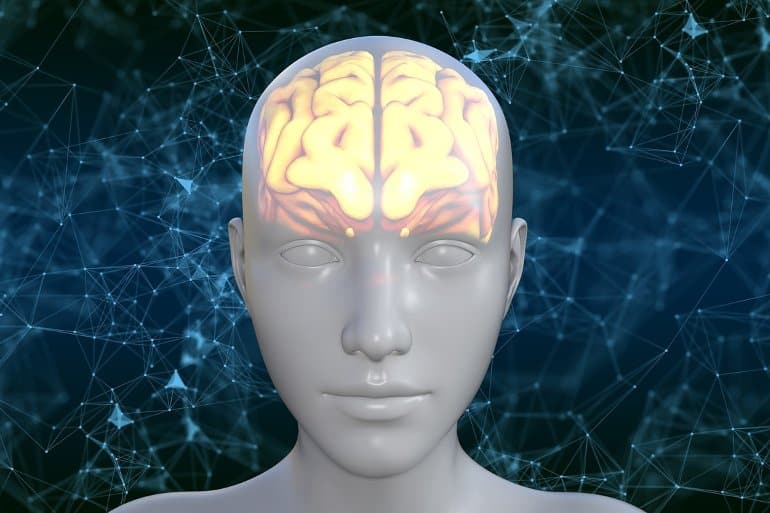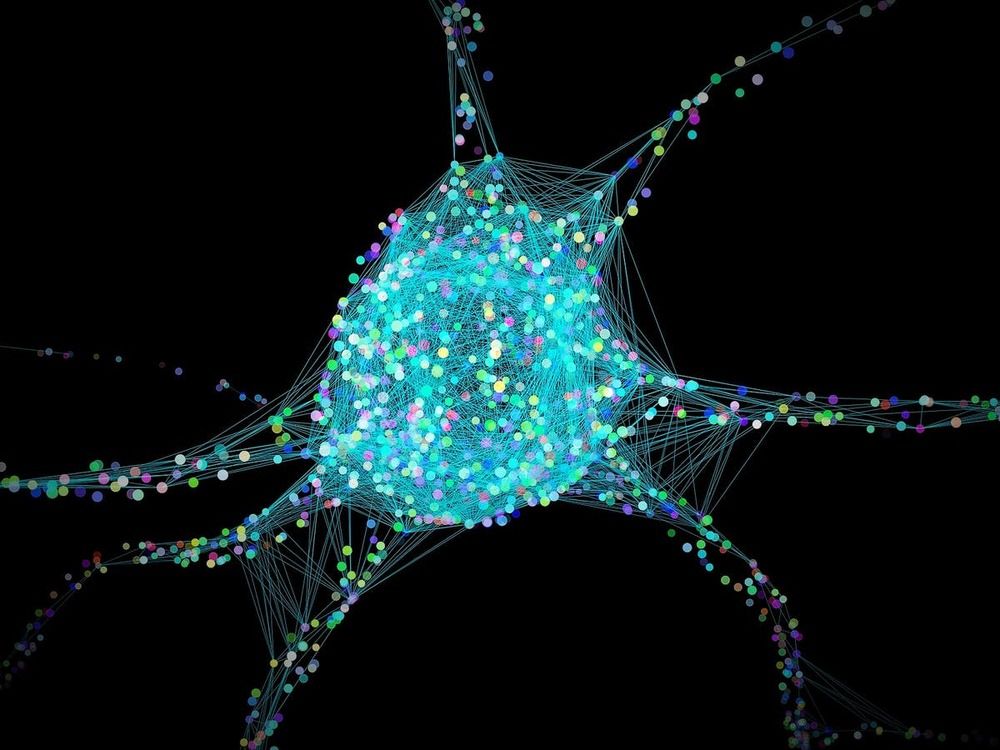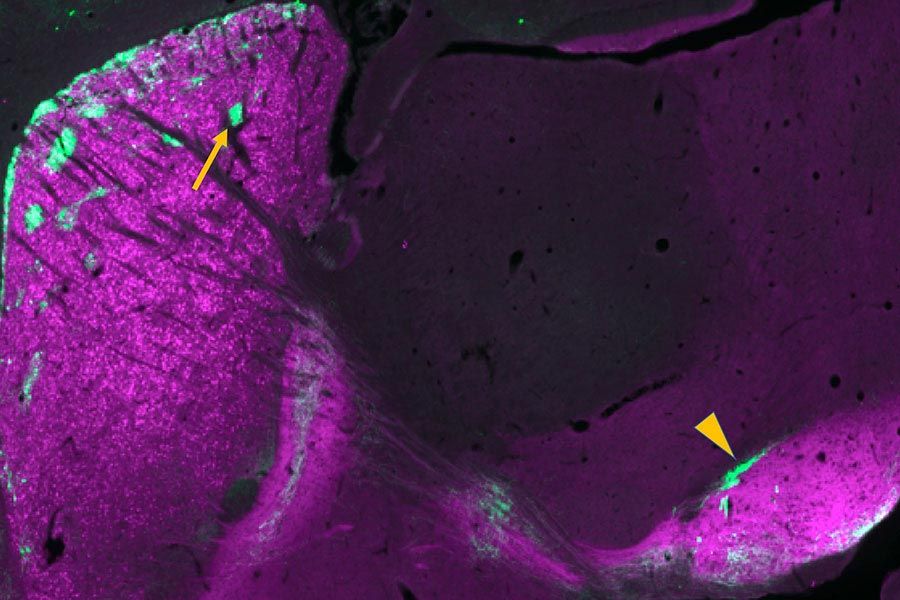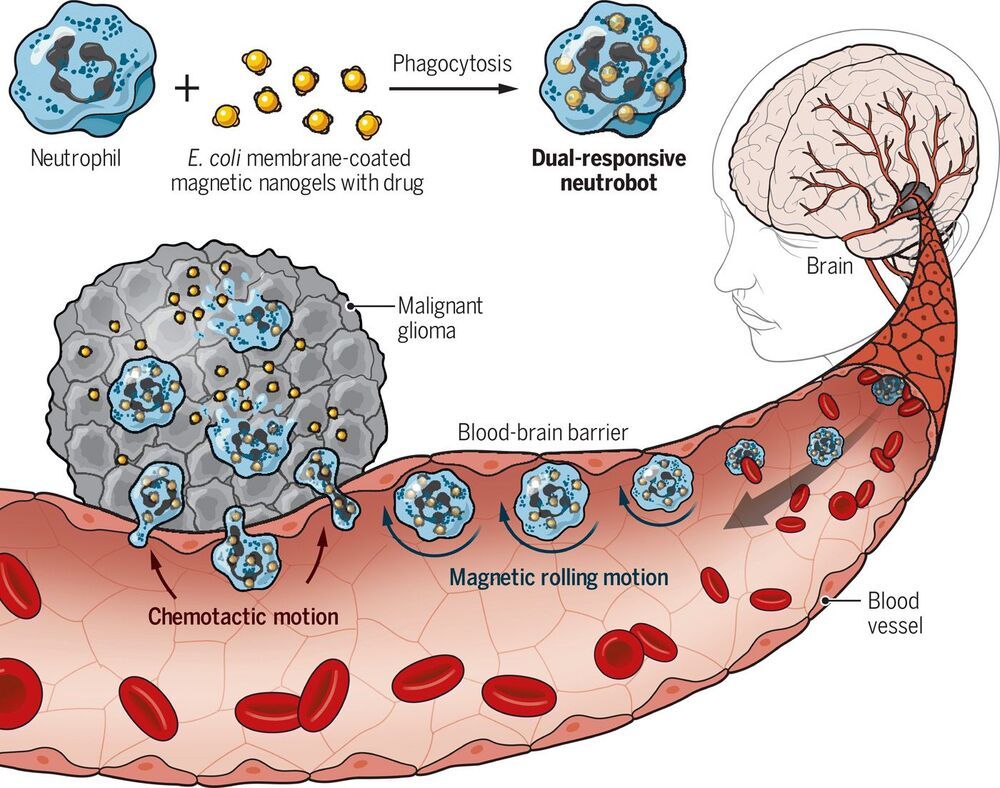Summary: A newly developed reparative hydrogel, which researchers are dubbing “brain glue”, protects against loss of brain tissue following a TBI and can aid in functional neural repair.
Source: University of Georgia.
At a cost of $38 billion a year, an estimated 5.3 million people are living with a permanent disability related to traumatic brain injury in the United States today, according to the Centers for Disease Control and Prevention. The physical, mental and financial toll of a TBI can be enormous, but new research from the University of Georgia provides promise.
